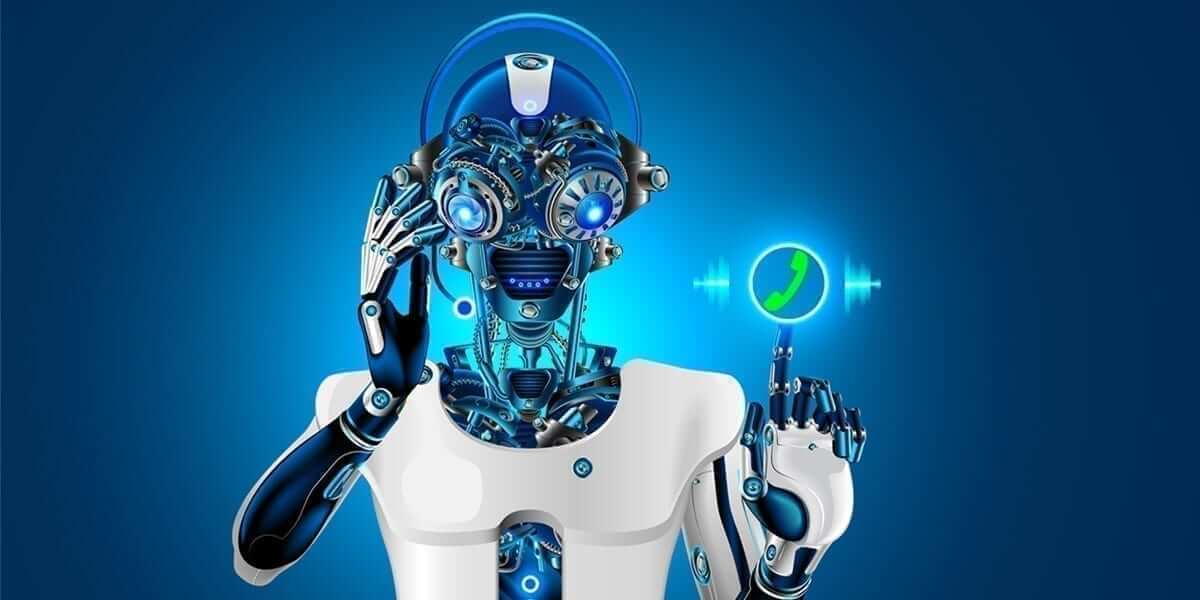Comments
- No comments found

Emails, policymakers, news items, blogs, and essays are being made with the help of AI services like GPT3.
Is this the start of the disruption of many processes or even jobs, or just a slight boost in history looking back a couple of years from now?
While GPT3 is undoubtedly having an impact on many aspects of society and industry, it is unlikely that it is being considered the start of "the 5th Industrial Revolution" in itself, as this term usually refers to larger changes to the economy that affect a much wider range of systems and processes.
However, GPT3 is certainly a significant development in the use of AI and automation, and it is possible that its use could take us into the 5th Industrial Revolution in the future. GPT3 can already process vast amounts of data and generate sophisticated responses, and its potential applications may further blur the boundaries between machines and humans. It is also possible that GPT3 could automate even more jobs, leading to significant changes in the way that industries and businesses operate.
Whatever the outcome may be, GPT3 is likely to have a large role to play in the future of the economy and society, and its development will likely have a considerable impact on the way that we work and live.
For me, it brings exciting opportunities as it clearly shows the exponential impact of technology.
Absolutely! GPT3 is an excellent example of how technology is advancing at an exponential rate and how it is impacting almost every aspect of our lives. New technologies like GPT3 are helping to make tasks easier, faster, and more efficient, and it is clear that great opportunities exist for people to take advantage of these new advancements. This is especially true for entrepreneurs and innovators, who can use GTP3 as a powerful tool to create solutions to complex problems and enhance their own businesses.
GPT3 also has a major role to play in the healthcare industry. For starters, it can be used to automate tedious administrative tasks, freeing up more time for healthcare professionals to care for patients. It can also be used to help physicians, and nurses more quickly diagnose and treat diseases, as GPT3 is capable of analyzing vast amounts of medical data, such as patient histories and medical images, at rapid speeds. In addition, GPT3 can be used to generate more precise prescriptions and clinical trial designs and even create personalized healthcare.
Let’s see where this brings us, and if it’s not the start of the 5th Industrial Revolution, maybe it is the start of the 1st AI revolution.
It is at the intersection of technology and patient empowerment, which is where Lucien Engelen (1962), director of the Radboud University Nijmegen Medical Centre REshape Center and advisor to the Board of Directors (since 2007) feels most at home. The two worlds combined into the Radboud University Nijmegen Medical Centre and Singularity University in Silicon Valley & the Netherlands and in the Nordics, his modus operandi is always challenging, sometimes provocative but always techno-realistic. Writing on a new book that will be titled "Augmented Health(care)™ : The end of the beginning" (May 2018, Barcelone Spain) as he thinks we're at the end of an era of creating awareness, pilots, proof of concepts etc in the digital transformation of health(care). More on that on, his Linkedin Page has over 750.000 followers. He is Faculty Global Health(care) & Medecine since 2011 at Singularity University's Exponential Medicine in the US and in the Netherlands.
Leave your comments
Post comment as a guest